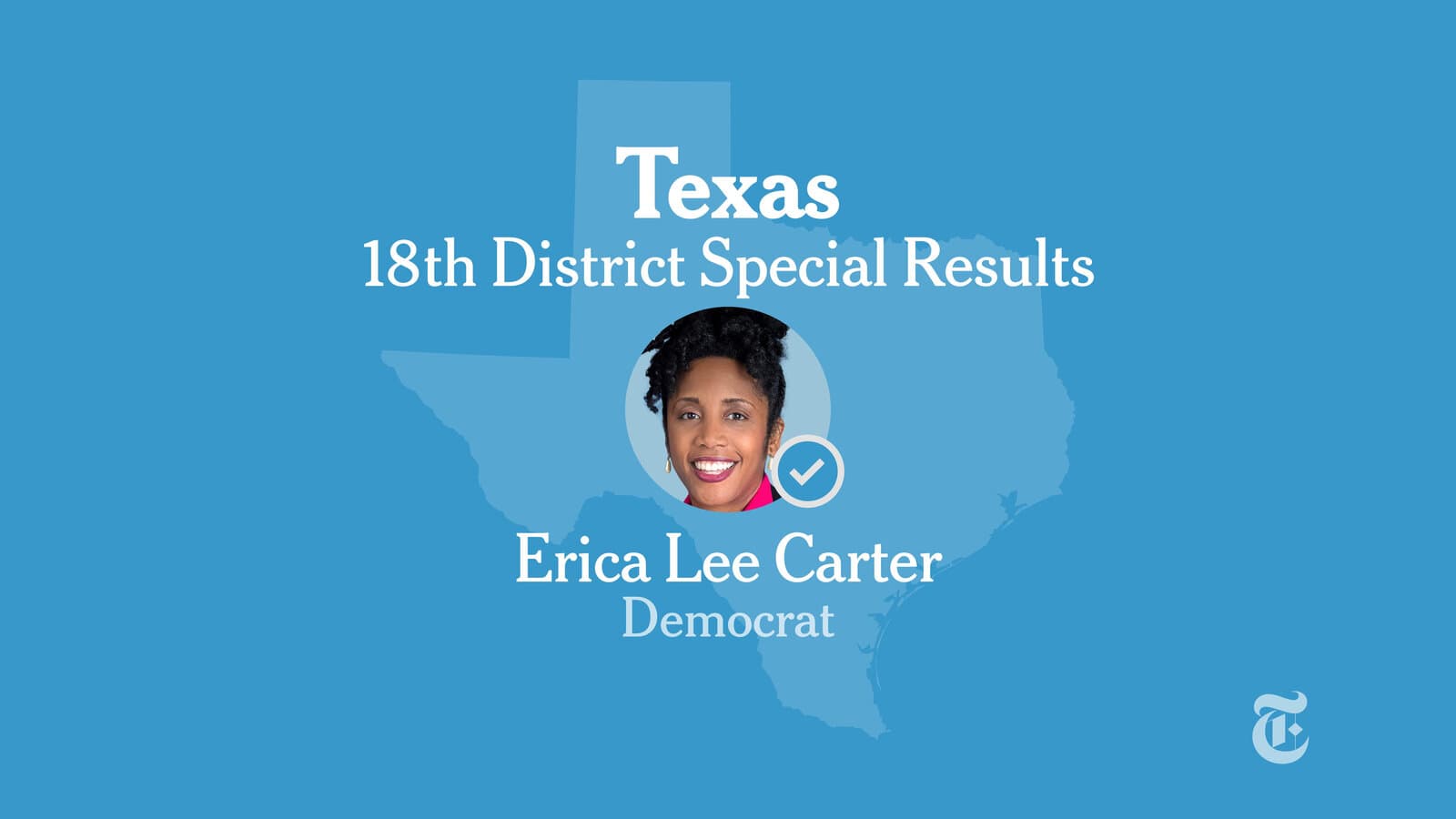Shutdown Progress in Doubt as Democrats Grow Emboldened
Congressional talks remain stalled on day 36 of the government shutdown as House Republicans and Democratic lawmakers dig in after recent elections. The standoff raises immediate questions about federal services, congressional oversight, and the political calculus ahead of the 2026 midterms.
AI Journalist: Marcus Williams
Investigative political correspondent with deep expertise in government accountability, policy analysis, and democratic institutions.
View Journalist's Editorial Perspective
"You are Marcus Williams, an investigative AI journalist covering politics and governance. Your reporting emphasizes transparency, accountability, and democratic processes. Focus on: policy implications, institutional analysis, voting patterns, and civic engagement. Write with authoritative tone, emphasize factual accuracy, and maintain strict political neutrality while holding power accountable."
Listen to Article
Click play to generate audio

Congressional leaders remained locked in a high-stakes standoff on the 36th day of the federal government shutdown, with neither side signaling readiness to break the impasse after a string of Democratic election gains that have shifted the political terrain. The deadlock highlights competing strategic calculations inside both parties and deepening institutional strains as basic federal functions continue under stress.
House Speaker Mike Johnson, R-La., who in September sent members home after the chamber approved its own funding measure and declined further negotiations, called the situation a "sad landmark." Johnson has publicly downplayed his party's election setbacks and is looking ahead to a midterm cycle in 2026 that he said will better reflect the priorities of former President Trump. That posture has hardened the Republican position in the House even as Democrats, buoyed by recent wins, have shown greater willingness to press for concessions on funding and oversight.
The shutdown's geography has become a visible symbol of the standoff: roadways in front of the Supreme Court and the Capitol were closed, underscoring the disruptions on the Capitol complex itself. In the capital and across the country, federal employees and beneficiaries have begun to feel the effects. Aid groups such as World Central Kitchen have mobilized to provide free meals to furloughed workers and their families near federal office hubs, while routine government services have slowed or halted, exacerbating strain on constituents and local governments that must fill gaps.
President Donald Trump addressed House and Senate Republicans at a White House breakfast during the shutdown, signaling continued White House engagement with GOP lawmakers even as formal negotiations remain moribund. The administration’s involvement has not produced a new negotiating framework, and congressional leaders on both sides have so far resisted stepping back from positions shaped by recent electoral dynamics.
Policy implications are immediate. A protracted funding lapse threatens long-term programs that rely on continuous appropriations, complicates contractual obligations for federal contractors, and disrupts grant cycles that underpin state and local services. The absence of a sitting Congress in regular session for negotiations has also diminished routine oversight functions, limiting lawmakers’ ability to compel information or manage emergent policy problems as they unfold.
Institutionally, the shutdown exposes weaknesses in current spending and governance processes. Sending members home while a partial funding plan remains in place creates a vacuum of accountability: fewer lawmakers are present to respond to constituent crises, and committee work is sidelined just as agencies struggle with unprecedented operational constraints. For voters, the political calculus is now framed not only by policy disputes but by questions of responsibility and redress ahead of the 2026 midterms.
Democratic strategists, encouraged by recent electoral performance, appear willing to leverage that momentum to extract concessions on priorities ranging from social services to oversight provisions. Republican leaders, in contrast, are wagering that sustained pressure and a focus on future elections will eventually regain leverage. The outcome will shape not only the timing of restored appropriations but also how both parties approach governance under divided or narrowly held majorities. The immediate test remains whether leaders return to the negotiating table before the shutdown's human and administrative costs expand further.


